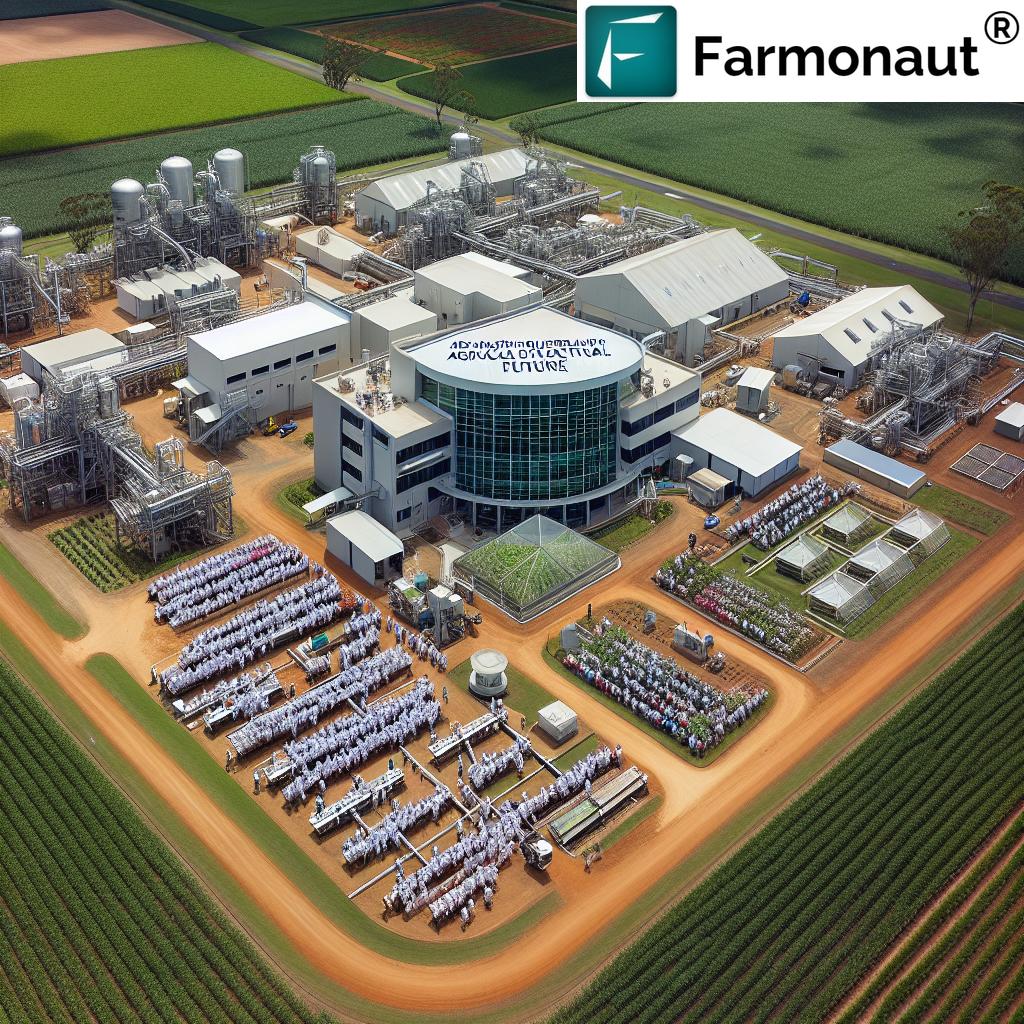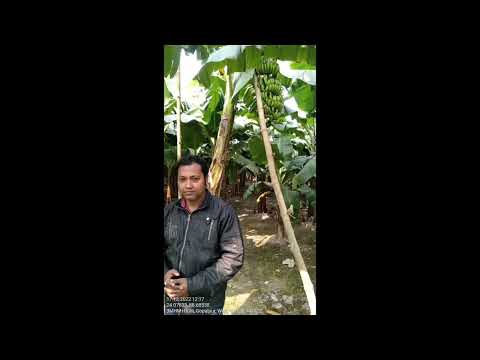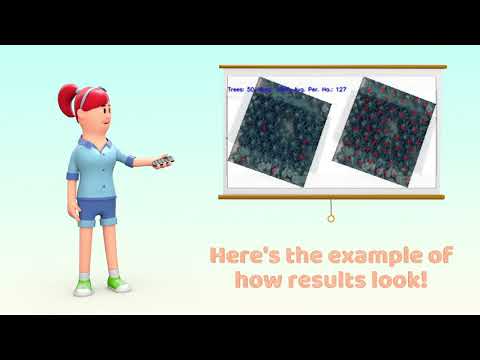Queensland’s Sustainable Sugarcane Revolution: Innovative Policies Shaping the Future of Farming

“Queensland’s sugarcane industry is implementing innovative policies to address challenges faced by over 3,000 cane farmers in the region.”
Welcome to our comprehensive exploration of Queensland’s sustainable sugarcane revolution. As we delve into the innovative agricultural policies shaping the future of farming in this region, we’ll uncover the challenges, solutions, and potential impacts on the cane industry. Our team at Farmonaut, with our expertise in agricultural technology and satellite-based farm management solutions, is excited to analyze these developments and their implications for farmers and the environment.
The Evolving Landscape of Sugarcane Farming in Queensland
Queensland’s sugarcane industry has long been a cornerstone of the state’s agricultural sector. However, in recent years, it has faced significant challenges, from environmental concerns to economic pressures. In response, the Queensland government and industry stakeholders have been working tirelessly to develop and implement innovative policies aimed at revitalizing the cane industry while promoting sustainable practices.
- Environmental pressures
- Economic challenges
- Need for sustainable practices
- Technological advancements
These factors have culminated in a push for a more sustainable and efficient sugarcane industry. Let’s explore the key initiatives that are paving the way for this agricultural revolution.
Regulatory Repeals: Streamlining Farm Operations
One of the most significant policy changes on the horizon is the proposed repeal of certain regulations that have been deemed overly burdensome for farmers. These repeals aim to streamline operations and reduce unnecessary red tape, allowing farmers to focus more on productivity and sustainability.
Key aspects of these regulatory repeals include:
- Simplification of reporting requirements
- Reduction of administrative burdens
- More flexibility in farm management decisions
While these changes are designed to benefit farmers, it’s crucial to maintain a balance between regulatory relief and environmental protection. The government is working closely with environmental scientists and agricultural experts to ensure that these repeals don’t compromise the long-term health of Queensland’s ecosystems.
Incentive Programs for Environmentally-Friendly Practices
To complement the regulatory repeals, Queensland is introducing a series of incentive programs aimed at encouraging farmers to adopt more environmentally-friendly practices. These programs are designed to make sustainable farming not just an ethical choice, but an economically viable one as well.
Explore Farmonaut’s Web App for Sustainable Farm Management
Some of the key incentives include:
- Grants for implementing water-efficient irrigation systems
- Tax breaks for farmers who reduce their carbon footprint
- Subsidies for the adoption of precision agriculture technologies
These incentives are expected to drive significant changes in farming practices across Queensland’s sugarcane industry. By making sustainable choices more financially attractive, the government hopes to accelerate the transition towards more environmentally-friendly farming methods.
Investments in Scientific Research: Driving Innovation
Recognizing the critical role of science in advancing sustainable agriculture, Queensland is making substantial investments in agricultural research. These investments are focused on developing new technologies and techniques that can improve crop yields while reducing environmental impact.
Key areas of research include:
- Drought-resistant sugarcane varieties
- Biological pest control methods
- Advanced soil health management techniques
- Precision agriculture technologies
By fostering collaboration between scientists, farmers, and industry experts, these research initiatives aim to bridge the gap between laboratory innovations and practical, on-farm applications. The ultimate goal is to equip Queensland’s sugarcane farmers with cutting-edge tools and knowledge to face future challenges.
Expansion of Farming Education: Empowering the Next Generation
Education plays a crucial role in the sustainable transformation of any industry, and agriculture is no exception. Queensland is expanding its agricultural education programs to ensure that current and future farmers are equipped with the knowledge and skills needed to thrive in a changing agricultural landscape.
Explore Farmonaut’s API for Advanced Agricultural Data
These educational initiatives include:
- Enhanced agricultural curricula in schools and universities
- Practical training programs for current farmers
- Workshops on sustainable farming practices
- Online courses on agricultural technology and data management
By investing in education, Queensland aims to create a workforce that is not only skilled in traditional farming practices but also adept at leveraging new technologies and sustainable methods. This focus on education is expected to have long-lasting benefits for the sugarcane industry and the broader agricultural sector.

Support for Young Farmers: Securing the Future of Agriculture
Recognizing the importance of attracting and retaining young talent in the agricultural sector, Queensland has introduced a range of support programs specifically targeted at young farmers. These initiatives aim to address the challenges faced by newcomers to the industry and provide them with the resources they need to succeed.
“Recent initiatives in Queensland aim to reduce nitrogen runoff from sugarcane farms by up to 30% through improved management practices.”
Key elements of these support programs include:
- Mentorship schemes pairing experienced farmers with newcomers
- Financial assistance for farm acquisition or startup costs
- Specialized training in sustainable farming practices
- Networking events to foster community and knowledge sharing
By investing in the next generation of farmers, Queensland is not only securing the future of its agricultural sector but also injecting fresh perspectives and innovative ideas into the industry. This focus on young farmers is expected to drive further innovation and sustainability in the years to come.
Land Clearing Regulations: Balancing Growth and Conservation
One of the most contentious issues in Queensland’s agricultural policy has been land clearing regulations. The government is working on refining these regulations to strike a balance between agricultural expansion and environmental conservation.
Access Farmonaut’s API Developer Docs for In-depth Information
The new approach to land clearing includes:
- More nuanced categorization of vegetation types
- Incentives for preserving high-value ecological areas
- Streamlined approval processes for low-impact clearing
- Support for farmers in developing sustainable land management plans
These changes aim to provide farmers with more flexibility while ensuring the protection of Queensland’s unique ecosystems. The policy recognizes that farmers are often the best stewards of their land and seeks to empower them to make informed decisions about land use and conservation.
Nitrogen Management Initiatives: Protecting Water Quality
Nitrogen runoff from sugarcane farms has been a significant environmental concern, particularly for the Great Barrier Reef. In response, Queensland is implementing a series of nitrogen management initiatives aimed at reducing runoff while maintaining crop productivity.
Key components of these initiatives include:
- Precision fertilizer application techniques
- Improved soil testing and nutrient management planning
- Incentives for adopting slow-release fertilizers
- Research into nitrogen-efficient sugarcane varieties
By promoting more efficient use of nitrogen fertilizers, these initiatives aim to protect water quality in Queensland’s rivers and coastal areas while helping farmers reduce input costs. This approach demonstrates how environmental protection and economic benefits can go hand in hand.
The Role of Technology in Sustainable Sugarcane Farming
At Farmonaut, we understand the crucial role that technology plays in advancing sustainable agriculture. Our satellite-based farm management solutions are at the forefront of this technological revolution, offering farmers powerful tools to optimize their operations and reduce environmental impact.
Key technological advancements in sugarcane farming include:
- Satellite imagery for crop health monitoring
- AI-powered advisory systems for precision agriculture
- Blockchain-based traceability for supply chain transparency
- Advanced weather forecasting for improved planning
These technologies are helping farmers make more informed decisions, reduce resource waste, and improve crop yields. As Queensland continues to invest in agricultural innovation, we expect to see even more exciting developments in this area.
Economic Impact of Sustainable Sugarcane Policies
The shift towards sustainable sugarcane farming is expected to have significant economic implications for Queensland. While there may be short-term costs associated with implementing new practices and technologies, the long-term benefits are projected to be substantial.
Potential economic impacts include:
- Increased competitiveness in global markets due to improved sustainability credentials
- Reduced input costs through more efficient resource use
- New revenue streams from ecosystem services and carbon credits
- Enhanced rural development and job creation in supporting industries
By positioning itself as a leader in sustainable sugarcane production, Queensland has the opportunity to capture premium markets and ensure the long-term viability of its cane industry.
Challenges and Opportunities for Farmers
As with any significant industry transformation, the shift towards sustainable sugarcane farming presents both challenges and opportunities for Queensland’s farmers. Understanding these dynamics is crucial for successful adaptation.
Key challenges include:
- Initial costs of adopting new technologies and practices
- Learning curve associated with sustainable farming methods
- Potential short-term yield reductions during transition periods
However, these challenges are balanced by significant opportunities:
- Access to new markets and premium prices for sustainably produced sugar
- Improved farm resilience to climate change and market fluctuations
- Potential for diversification into value-added products and services
By embracing these changes and leveraging available support and technologies, Queensland’s sugarcane farmers can position themselves for long-term success in a rapidly evolving agricultural landscape.
Queensland’s Sustainable Sugarcane Policies Comparison
| Policy Name | Objective | Implementation Timeline | Potential Impact on Farmers |
|---|---|---|---|
| Regulatory Repeals | Streamline operations and reduce red tape | 2024-2025 | Reduced administrative burden, more flexibility in farm management |
| Incentive Programs for Eco-Friendly Practices | Encourage adoption of sustainable farming methods | 2023-2028 | Financial support for implementing sustainable practices, potential for cost savings |
| Scientific Research Investments | Develop innovative farming technologies and techniques | 2023-2030 | Access to cutting-edge farming solutions, improved crop yields and efficiency |
| Farming Education Expansion | Enhance knowledge and skills of current and future farmers | 2024-2029 | Improved farming skills, better adaptation to new technologies and practices |
| Young Farmer Support Programs | Attract and retain young talent in agriculture | 2023-2028 | Financial and mentorship support for new entrants, succession planning assistance |
| Land Clearing Regulations | Balance agricultural expansion with conservation | 2024-2026 | More flexibility in land use, potential for sustainable expansion |
| Nitrogen Management Initiatives | Reduce nitrogen runoff and protect water quality | 2023-2027 | Improved fertilizer efficiency, potential cost savings, environmental compliance |
The Future of Sustainable Sugarcane Farming in Queensland
As we look to the future, it’s clear that Queensland’s sugarcane industry is on the cusp of a significant transformation. The policies and initiatives we’ve explored are setting the stage for a more sustainable, resilient, and prosperous agricultural sector.
Key trends to watch include:
- Continued integration of digital technologies in farming practices
- Growing emphasis on biodiversity and ecosystem services
- Increased collaboration between farmers, researchers, and policymakers
- Development of new value-added products from sugarcane
At Farmonaut, we’re excited to be part of this journey towards sustainable agriculture. Our satellite-based farm management solutions are designed to support farmers in navigating these changes and maximizing the benefits of sustainable practices.
Conclusion: A Bright Future for Queensland’s Sugarcane Industry
Queensland’s sustainable sugarcane revolution is more than just a series of policy changes – it’s a comprehensive reimagining of how we approach agriculture in the 21st century. By balancing environmental stewardship with economic viability, these innovative policies are paving the way for a brighter, more sustainable future for the cane industry.
As farmers, policymakers, and technology providers like Farmonaut continue to collaborate and innovate, we’re confident that Queensland will emerge as a global leader in sustainable sugarcane production. The challenges ahead are significant, but so too are the opportunities for those who embrace this new era of farming.
We invite you to join us on this exciting journey towards a more sustainable and prosperous agricultural future. Together, we can ensure that Queensland’s sugarcane industry continues to thrive for generations to come.
FAQ: Queensland’s Sustainable Sugarcane Revolution
Q: What are the main challenges facing Queensland’s sugarcane industry?
A: The main challenges include environmental pressures, economic difficulties, the need for sustainable practices, and adapting to technological advancements.
Q: How are the new policies addressing environmental concerns?
A: The policies focus on reducing nitrogen runoff, promoting water-efficient irrigation, encouraging carbon footprint reduction, and balancing land clearing with conservation efforts.
Q: What support is available for young farmers entering the industry?
A: Support includes mentorship programs, financial assistance for farm acquisition, specialized training in sustainable practices, and networking events.
Q: How are technological advancements being incorporated into sugarcane farming?
A: Technologies like satellite imagery, AI-powered advisory systems, blockchain-based traceability, and advanced weather forecasting are being integrated into farming practices.
Q: What economic benefits can farmers expect from adopting sustainable practices?
A: Potential benefits include reduced input costs, access to premium markets, new revenue streams from ecosystem services, and improved farm resilience.





